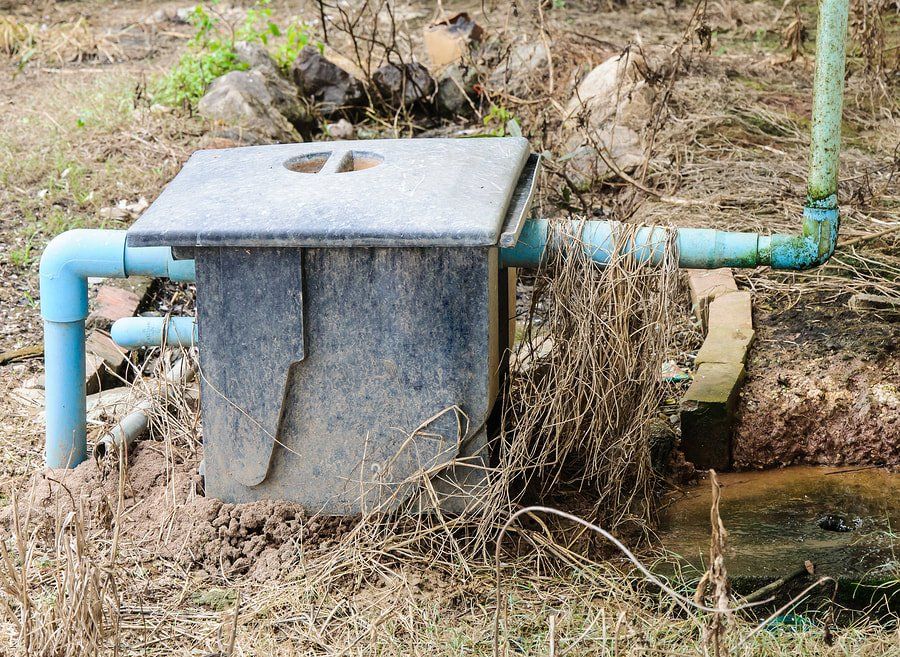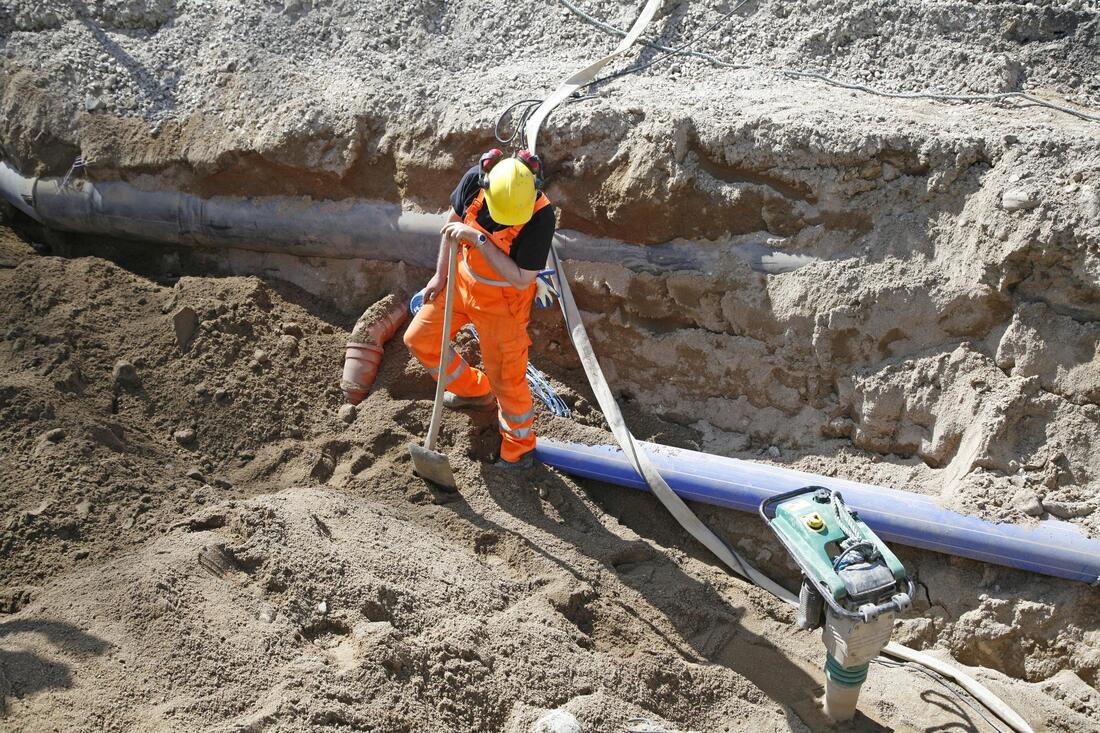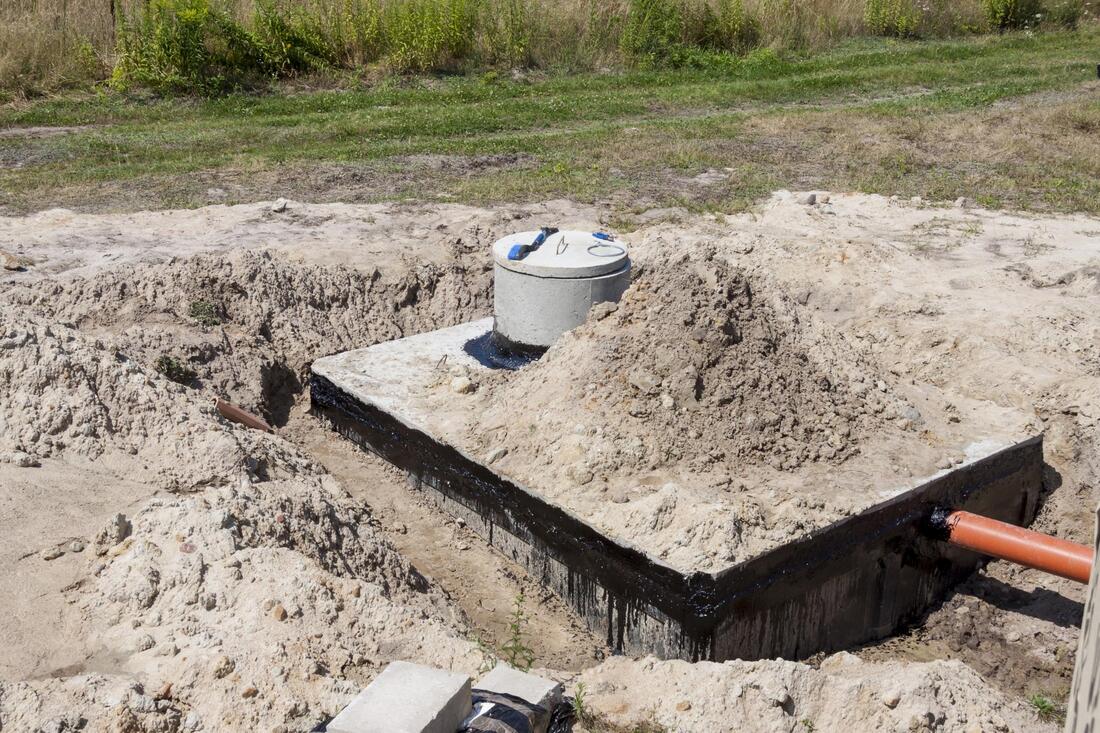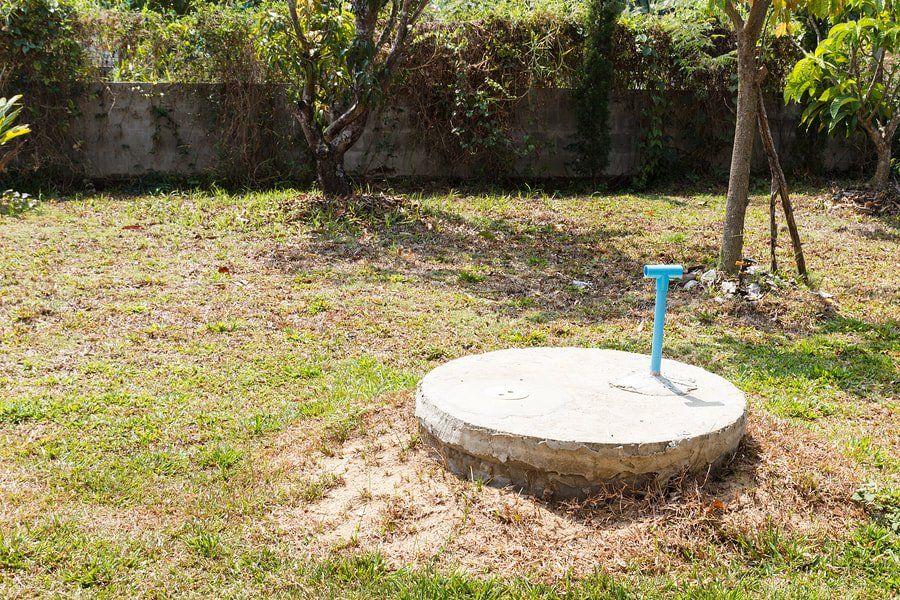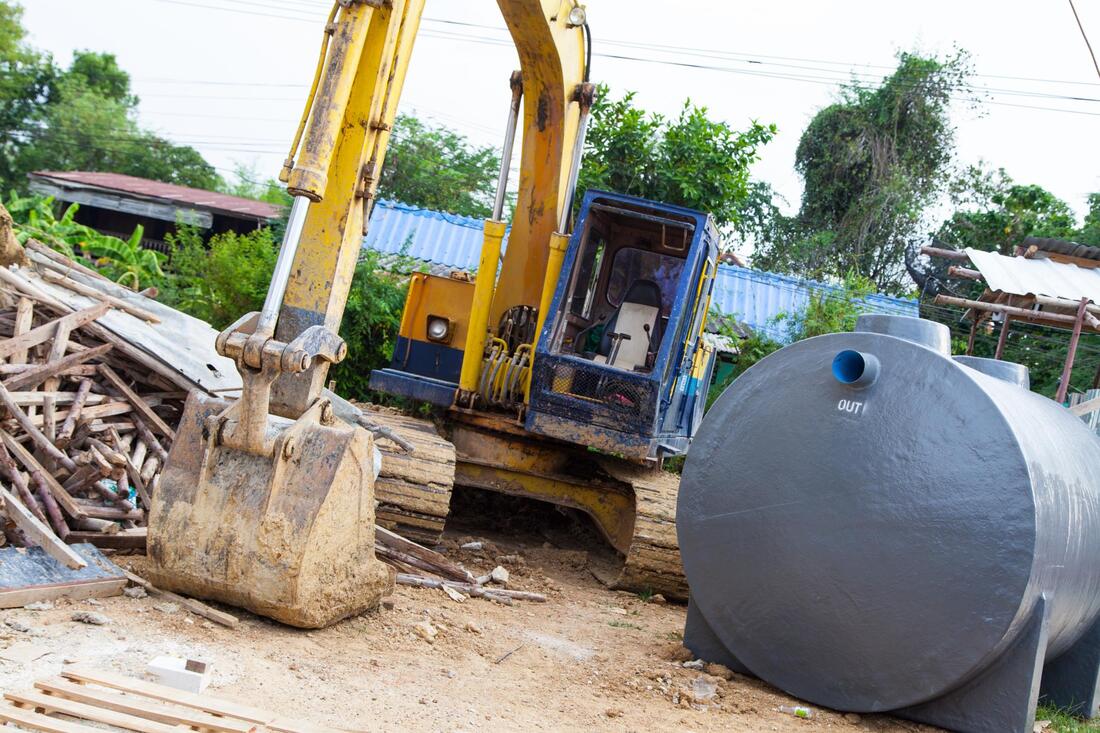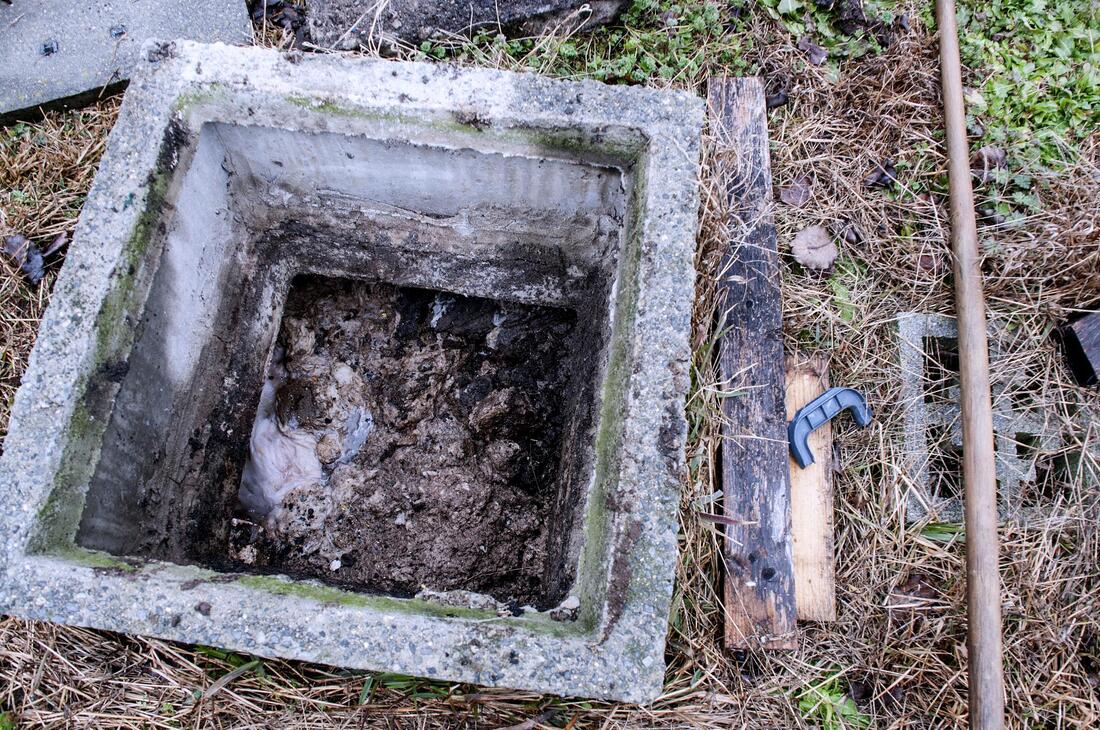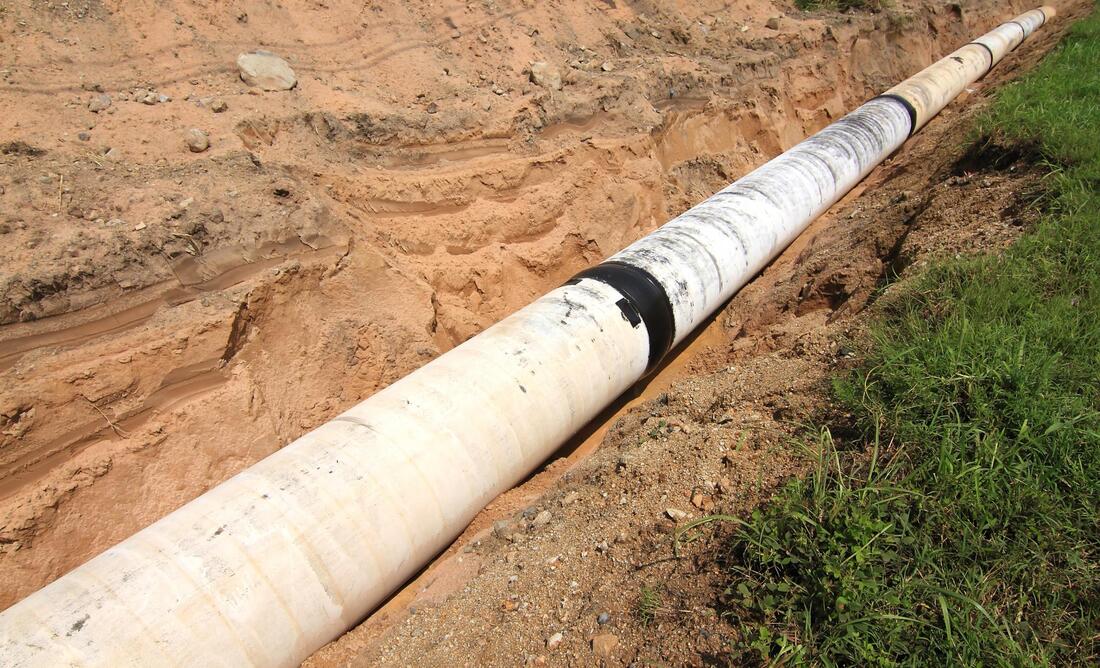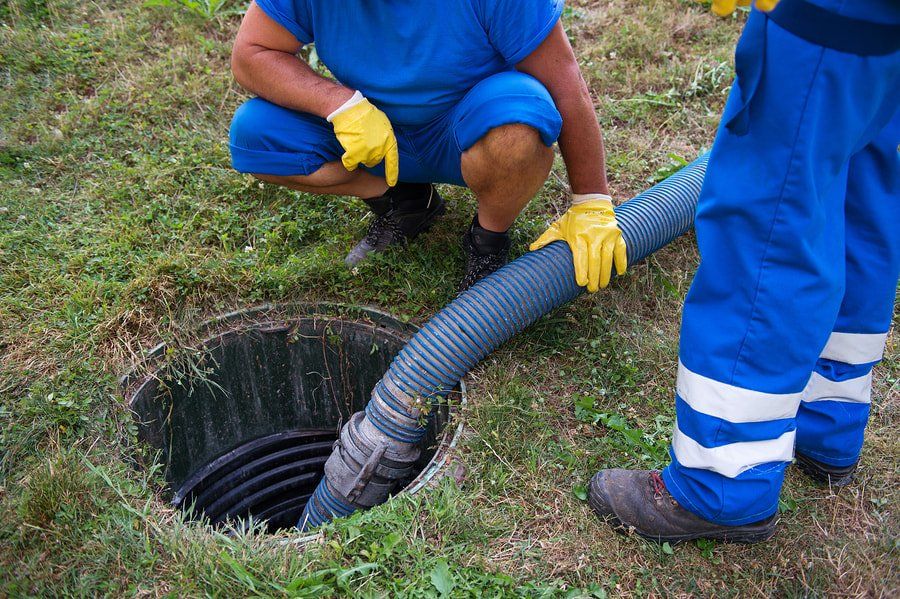Septic Tank Service in Miami, Florida: Reliable Solutions for Your Waste Management Needs
Maintaining a septic system is crucial for homeowners in Miami, Florida. Regular septic tank service ensures optimal functioning, extends the life of the system, and prevents costly repairs. With the unique environmental conditions in Miami, such as heavy rainfall and sandy soil, understanding local septic tank services can help mitigate issues before they arise.
Choosing the right septic service can provide peace of mind, knowing that your home is protected from waste system failures. Engaging with professionals equipped with the right knowledge offers reassurance and saves time, ensuring a well-maintained septic system for years to come.
Understanding Septic Systems
Septic systems are crucial for managing wastewater in many residential areas, especially where municipal sewage systems are not available. They consist of several components that work together to treat and dispose of sewage effectively. Different types of septic systems are utilized based on site conditions and specific needs.
Components and Functions
A standard septic system comprises several key components:
- Septic Tank: This underground tank receives wastewater from the home. It allows solids to settle at the bottom, forming sludge, while oils and grease float to the top as scum.
- Drain Field: This area comprises perforated pipes buried in gravel or soil. It distributes the fluid that exits the septic tank into the surrounding soil for natural treatment.
- Soil: The soil is vital for the final treatment of wastewater. It filters out harmful pathogens and nutrients before the water reaches the groundwater supply.
Regular maintenance of these components ensures optimal performance and longevity of the system.
Types of Septic Systems
There are several types of septic systems tailored to meet different environmental conditions:
- Conventional Septic Systems: Most common, consisting of a septic tank and drain field. Suitable for well-drained soils.
- Aerobic Treatment Units (ATUs): These systems use oxygen to promote bacteria growth, treating wastewater more effectively. They are ideal for areas with poor drainage.
- Gravity Systems: Utilize the force of gravity to move wastewater. Requires careful placement to ensure proper drainage.
- Mound Systems: Used in areas with high water tables, these systems elevate the drain field above ground level, allowing for effective wastewater treatment.
Understanding the various components and types helps homeowners make informed decisions regarding their wastewater management solutions.
Septic Tank Maintenance
Effective septic tank maintenance is crucial for ensuring the longevity and efficient operation of the system. Regular care helps prevent complications that can lead to costly repairs. Key areas to focus on include scheduled inspections, following best practices, and being aware of common issues that may arise.
Regular Inspection and Pumping
Regular inspections and pumping are essential for maintaining septic systems. Experts recommend having your septic tank inspected every three years. During these inspections, technicians check for leaks, tank integrity, and system functionality.
Pumping should occur every 3 to 5 years, depending on tank size and household usage. This prevents sludge buildup, which can lead to system failure. A professional service can provide accurate assessments and handle pumping effectively, using modern equipment for efficient cleaning.
Best Practices for Homeowners
Homeowners play a vital role in the maintenance of their septic systems. Here are some best practices to follow:
- Conserve Water: Reducing water usage helps minimize tank overflow.
- Dispose of Waste Properly: Avoid flushing non-biodegradable items to prevent clogs.
- Maintain Drainfields: Keep the area around drainfields free of deep-rooted plants to avoid system interference.
- Chemical Awareness: Limit the use of harsh chemicals that can disrupt bacterial balance in the tank.
Following these practices ensures optimal performance and reduces the risk of costly repairs.
Common Issues and Solutions
Being aware of common septic tank issues can help in timely intervention.
1. Clogs: Caused by inappropriate disposal methods. Solution: Use proper waste disposal practices and consult a professional for serious clogs.
2. Foul Odors: Unpleasant smells indicate potential leaks. Solution: Call a technician to inspect and repair any leaks promptly.
3. Slow Drains: Often a sign of blocked pipes or full tanks. Solution: Regular pumping and maintenance can alleviate this issue.
By addressing these common problems quickly, homeowners can ensure their septic system remains in good working condition.
Installation and Repair Services
Proper installation and timely repair of septic systems are crucial for maintaining functionality and complying with regulations. Selecting a reliable service provider and understanding local permits will ensure the process goes smoothly.
Selecting the Right Service Provider
When choosing a service provider, consider their experience and reputation in Miami. Look for companies with positive customer reviews and those who are licensed and insured.
Key factors to evaluate include:
- Service offerings: Make sure they provide both installation and repair services.
- Response time: Quick service is essential for urgent repairs.
- Cost estimates: Obtain multiple quotes to understand the market rate.
Investigate their diagnostic equipment and repair techniques. Modern tools can ensure accurate problem identification and efficient repairs, enhancing the longevity of your system.
Permits and Regulations in Miami
In Miami, installing or repairing a septic system requires adherence to local regulations. Before beginning any work, check with the Miami-Dade County Department of Health for the necessary permits.
Essential considerations include:
- Permit application: Submit required documentation and fees before commencing work.
- Inspections: The local health department often mandates inspections at various project stages.
- Code compliance: Ensure the system meets local health and safety codes.
Familiarity with regulations can prevent delays and legal issues, making it critical for both homeowners and service providers.
Frequently Asked Questions
Understanding septic tank services in Miami involves various factors, including costs, maintenance needs, and service providers. Below are answers to common questions regarding these essential services.
How is the cost of septic tank services determined in Miami?
The cost is influenced by several factors, including the size of the tank, the type of service required, and the location within Miami. Additional expenses may arise from repairs or system upgrades.
What are the indications that I need septic tank service for my Miami residence?
Common signs include slow drains, backflow issues, and unusual odors around the tank. If your yard appears unusually lush, it may indicate a septic leak.
Can septic tank services in Miami be negotiated for better prices?
While pricing can vary, some companies may offer promotional discounts or package deals. It’s advisable to inquire about any available options during consultations.
What maintenance services are included in a standard septic tank service package in Miami?
Typical packages include pumping the tank, inspecting the system, and checking for leaks. Some providers may also offer additional services such as cleaning filters or conducting thorough inspections.
How frequently should a septic tank be serviced in the Miami area?
For most households, servicing every two to three years is recommended. Frequent inspections may be necessary for larger families or homes with higher water usage.







